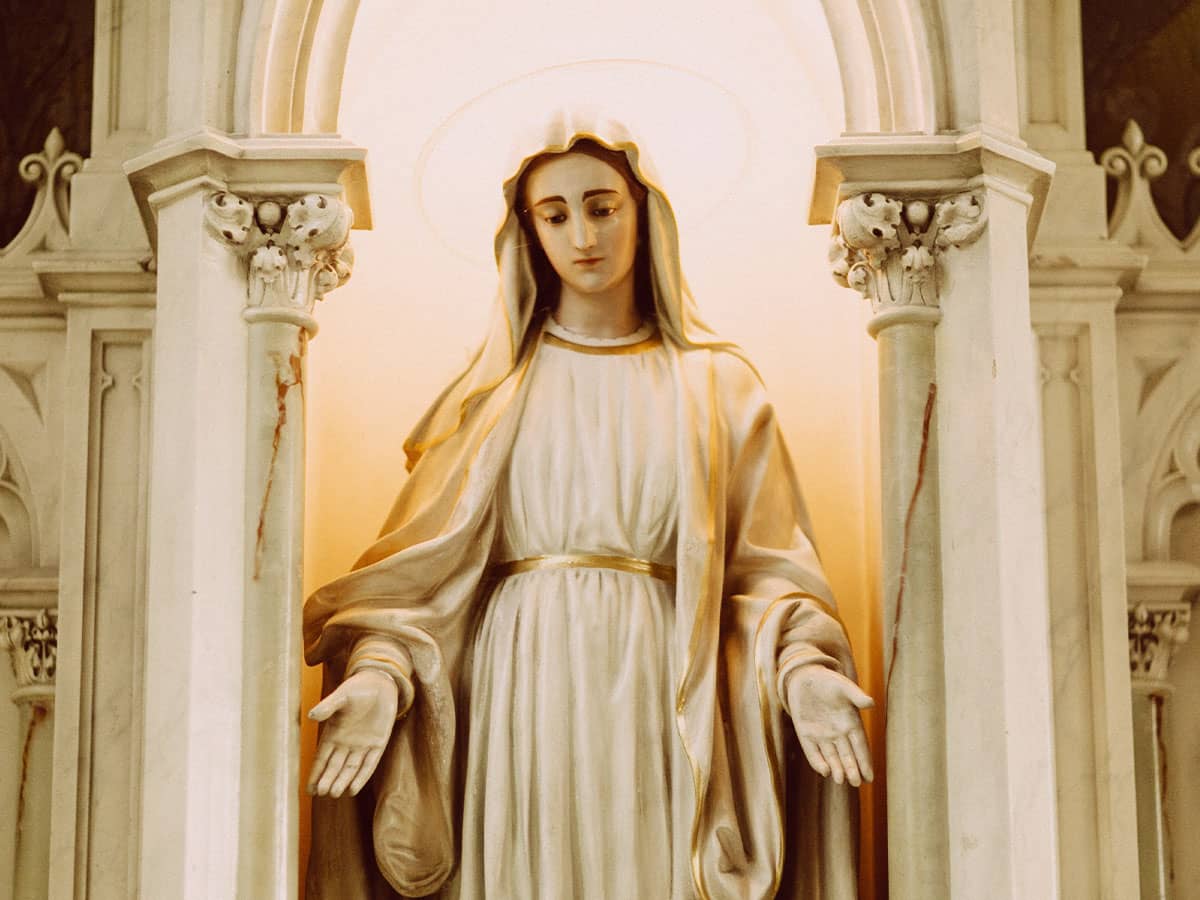...More than a few Catholic restorationists believe that John Paul II has not reversed the breakdown of Catholic discipline that began in the years after the [Second Vatican] Council.
On this critique, ...John Paul II gets high marks for "priest" and "prophet" and low, even failing, grades for "king." ...The Pope has failed to appoint sufficient numbers of bishops capable of defending doctrine and enforcing discipline. Bishops' conferences and the enormous expansion of local Church bureaucracies have sapped religious authority and replaced it with bureaucaratic power--which, restorationists argue, was a crucial part of the post-World War II decline of mainline Protestantism in western Europe and North America. In sum, these critics content Karol Wojtyla's "seminar" style of management is wholly unsuited for the papacy, however well it may have worked for Krakow.
It is true that Wojtyla, as a manager of large organizations, has never been the kind of man who deliberately and without regrets gets those opposed to his plans out of his way. It is also true that, as our Bishop of Krakow and Bishop of Rome, Wojtyla's has not been a "kingly" exercise of authority. And it is true, further, that there has been a price to be paid for this. But it may not be the price suggested by the restorationists. ...John Paul will leave behind him a central administrative apparatus in which a minority of the personnel have internalized the dynamic teaching of his pontificate and its authoritative interpretation of Vatican II.
...Critics argue that John Paul's episcopal appointments have been, in general, weak. No doubt there have been mistakes made in the appointment of bishops, as there are in any pontificate. Given the available personnel, however, there are limits to what a Pope can do in this regard. An overall judgment on this crucial aspect of the pontificate must take account of bold, unconventional appointments that would have been unlikely under a more bureaucratically minded and "kingly" Pope: Carolo Maria Martini in Milan, Jean-Marie Lustiger in Paris, John O'Connor in new York, Giacomo Biffi in Bologna, Francis George in Chicago, Jozef Zycinski in Lublin, Norberto Rivera Carrera in Miexico City, and Miloslav Vlk in Prague are eight of the more prominent examples. Such nominations, it should be said, would have been virtually impossible under the more "democratic" model of choosing bishops favored by proponents of the conventional critique of John Paul II.

